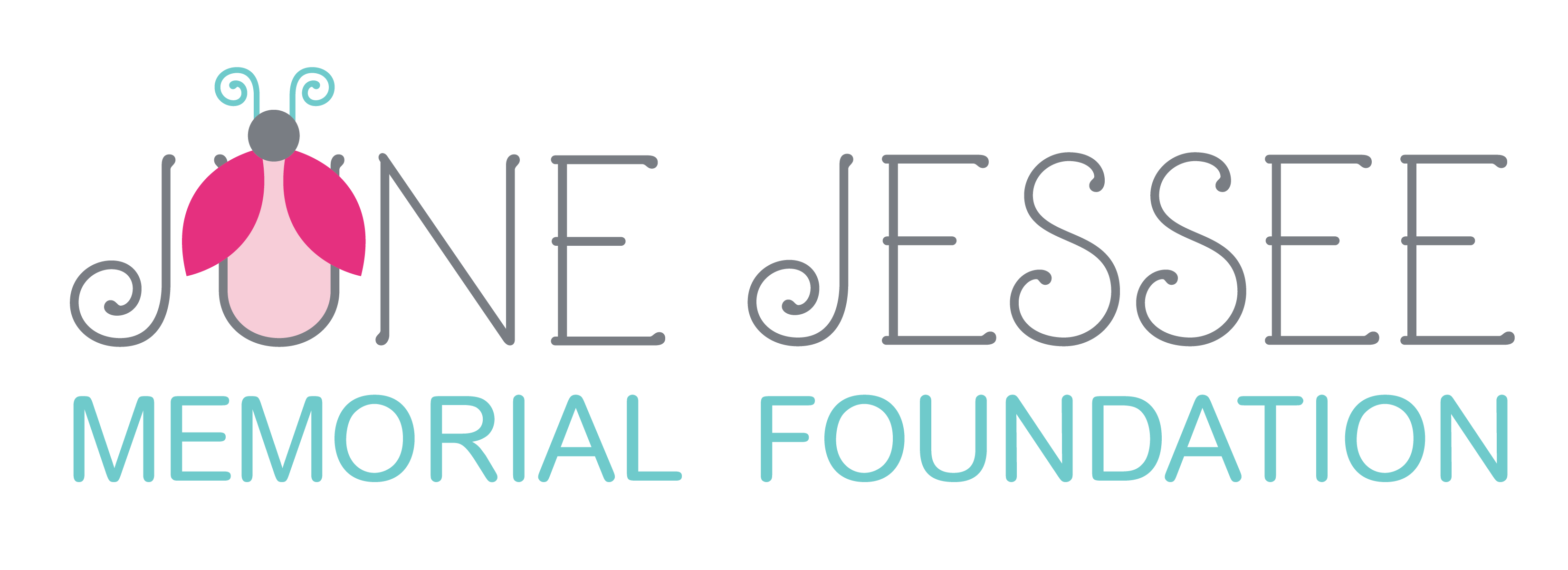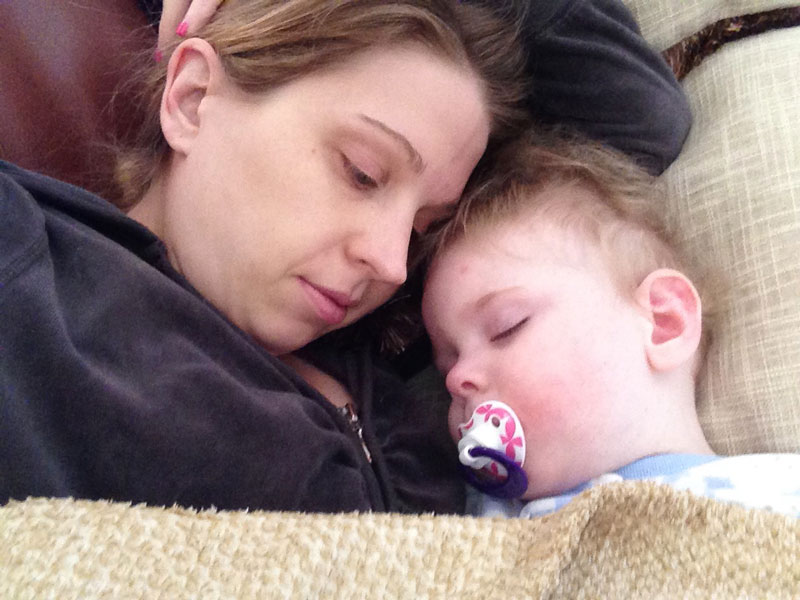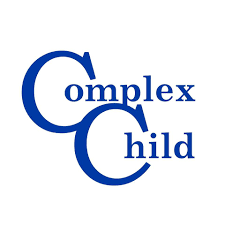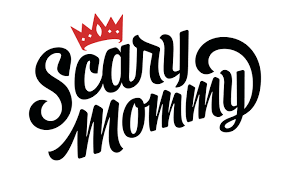Living with Uncertainty Teaches us about Personal Strength
Last week, life took a strange turn. The World Health Organization declared COVID-19 a world-wide pandemic, and President Trump declared a national state of emergency and banned travel from Europe. Banned travel from Europe?! Restaurants and bars closed. Some cities have curfews. Schools are locked all over the country, at least through April, maybe through June. These are unprecedented times and unchartered territory.
For those of us who have children with complex, devastating neurological disorders, dealing with the extreme, the very scary unknown isn’t new. I was in a similar emotional place of uncertainty before, repeatedly, with June. I imagine you have been here in some capacity as well. You might think my past experiences would make me more comfortable, somehow, with the widespread uncertainty of our nation and our world now. But it doesn’t. I don’t feel comforted by my previous personal experience, partly because I know tragedy can and will happen. I did not get through it unscathed. June did not get out alive. So today, I look at this pandemic and do not assume all will be well with the world.
On the other hand, my own four years of living in the total unknown have given me one clear strength: I am confident in my own ability to get through this and I am confident in yours too. I know I can handle waiting without crumbling. Yes, my last battle with the vast unknown left me feeling crippled, and in some ways, less strong than before, but it also showed me that I can do things I don’t want to. We all can.
If you are living with a child like June or have in the past, you also know that you have a strength that allows you to keep going, no matter what. You can survive uncertainty and disruptions that you could never imagine facing. You know that those flare-ups of dread and panic will pass, even if the crisis doesn’t.
“The waiting is always the hardest part,” as Tom Petty said. This may be true, but I do feel confident in my ability to wait things out. I know to try to remain calm, even while uncomfortable. And I know I will have periods of anxiety, despite my efforts. Then I will aim, once again, for quietude. I go from feeling reasonably confident that all will be okay to feeling moments of terror. At times I wonder if this is the calm before the storm. Will it get worse? How will this virus affect us and our loved ones, those in our community, especially the vulnerable? Will there be long term health implications of the virus not yet understood? How many small businesses and restaurants will shut down permanently? How many people will lose their jobs?
There is also the seemingly less drastic but very real concern of what will I do with my young children for months at home? We’ve been home for over ten days now and I am running out of homeschool activities to do, so you can imagine we are all a bit stir crazy. I have moments where I think, I can’t do this, and I don’t want to do this. Then I remember that I can. I used to give June shots twice a day that compromised her immune system so much that we were home for three months. I’ve been quarantined before. She cried most of the time and I made it through. I can do it again. I know I can.
There are so many things to worry about. But another thing I learned from living with uncertainty before is that worrying isn’t helpful, even though it may feel like you’re doing something, preparing perhaps, by imagining the worst.
Don’t get me wrong, we should be fearful of this virus. Fear has a purpose—it helps us stay safe and take precautionary measures that may save lives. However, we must believe that we are doing our best to make the right decisions, then stop thinking about the virus and carry on. If you dwell on your fears (which I admit is my default), it doesn’t lessen them.
Also, the precise things we worry about will likely not be the real problems we face. In my own life, I have seen that when something bad happens, it usually isn’t the thing I was fixating on.
When I was pregnant with June, I worried about the pain I would experience from labor and delivery. While I could prepare and take classes and inform myself as much as possible, no one could prepare me what my birth would be like. I knew I wanted an epidural, but I worried about possible side effects. A family member couldn’t walk for six months after her epidural! I spent the last half of my pregnancy worrying about the possibility of losing my ability to walk. I never once worried about June’s health or considered that something could be seriously wrong with her.
The delivery was fine, and I could walk, but I was in total shock when I learned June might not hear. All my epidural worries hadn’t prepared me for that.
With this virus, the real threat might be something other than getting it ourselves. Also, we must acknowledge that normal, daily activities pose real risks, too. One thing we can do is pay attention to the safety of our other activities, not just hand-washing and social distancing. I, for example, am guilty of looking at my phone while at a stoplight. Sometimes in the car, I reach back to try to grab a cup my child is about to throw on the floor, leaving just one hand on the steering wheel. These actions, right at this moment, probably pose more risk to my personal health and to my children than COVID-19.
One way I plan to handle the next few weeks (or months) is to focus on really staying on top of these other, “normal” aspects of life. I also see this as an opportunity to connect with loved ones over phone or FaceTime, to spend time talking to people I lose touch within my everyday life of running from the school to the hospital to a meeting to lunch.
We have a lot of time on our hands these days, so paying attention to our lives may be more possible than ever. We can use this massive global time-out to pay attention to other aspects of life that can get short-changed by hectic schedules, such as, taking time to go for a walk, cook or bake, practice meditating, read, play games and cuddle with your kids and loved ones.
I also plan to really monitor and control just how much social media and news I consume. Social media is its own form of social worrying, and I know that too much is too much.
I do believe there will be good that comes from this period of unknown, and I plan to find it by seizing my own power to focus, and remembering that I can carry on, even in the face of the unknown.







